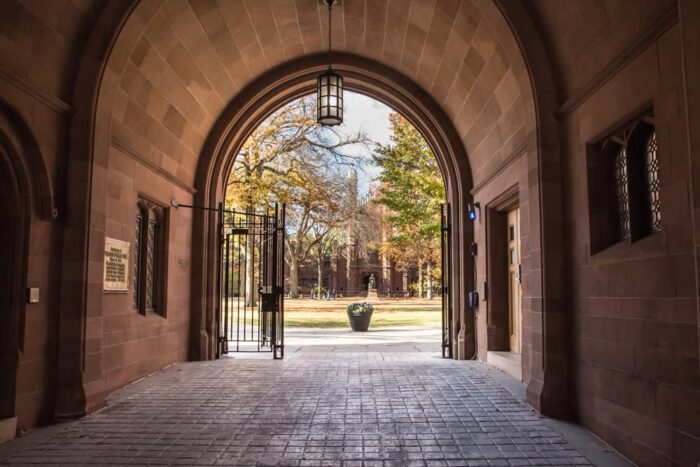Application volume is down at some top-20 business schools. Should you wait or carpe diem?
A strong economy with a high unemployment rate is good news for many business professionals in the U.S. More job security, faster promotions, bigger raises, headhunter calls, etc. But there’s even better news for those considering when to pursue a full-time MBA education.
After years of continuous growth, the number of applications received by seven highly respected schools has actually declined, as reported by Poets & Quants. Most shocking is the 6.7% decline at (are you sitting down?) #3 Wharton. Other highly respected MBA programs hit by this application downturn include the following (ranked by US News):
- #7 Michigan Ross -8.5%
- #11 Yale SOM -7.6%
- #11 Duke -6.2%%
- #13 NYU Stern -3.7%
- #13 UVA Darden -16.7%
- #17 Texas McCombs -19.6%
So, why is this such great news for MBA applicants looking to attend a US business school? Simply stated, it’s about “supply and demand.” Business schools expect their admissions staff to attract a large number of applicants – more each year – so they can strengthen their program’s rankings by admitting candidates with the highest GPAs, best test scores and most impressive resumes. However, as the supply of applicants declines for some schools, the demand for those who do apply only grows. Schools have to fill their classrooms. So, candidates who might have been waitlisted or possibly even denied by top-20 programs in prior years are now getting a harder look and stronger consideration for admission.
Furthermore, as business schools see applicant volume decline, competition among the schools for admits becomes more intense. One of the primary tactics MBA programs use to win commitments from admits – especially those accepted by multiple schools – is offering substantial merit-based financial aid. So, not only are the chances for acceptance increased but the cost of this education could actually drop for some admits. It’s good to be wanted!
Still unsure about applying to b-school this year? Perhaps this analogy will help. Consider how astute investors decide where, when and how to invest. First they identify undervalued stocks, then they buy low, and ultimately sell high. So, applying to top-20 business schools now while their application volume is down, completing the program in two years, and then re-entering a job market when your peers lack an MBA degree is a strategy worth considering.
Over the three decades that The MBA Exchange has been advising applicants, the history of MBA admissions confirms that application volume is cyclical. This drop in applications will not last forever. So, if attending b-school is a part of your long-range plan, it could make excellent sense to shorten your time horizon and go for it this year.
The next step? Get a free, expert evaluation of your MBA candidacy to find out how attractive you could be to a top-20 school and to determine whether now is a “perfect storm” for you.





